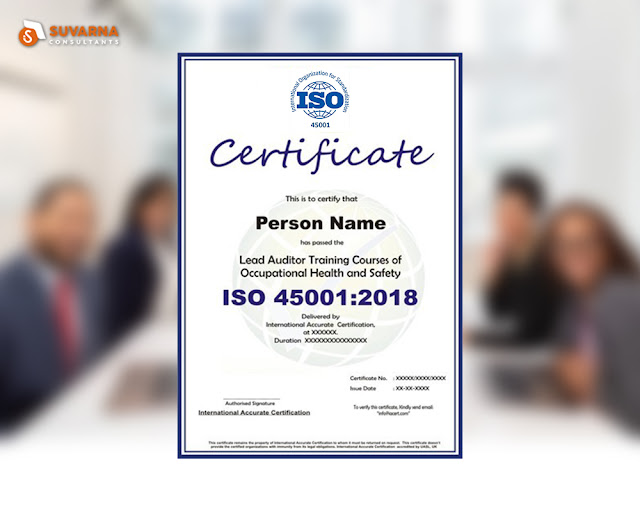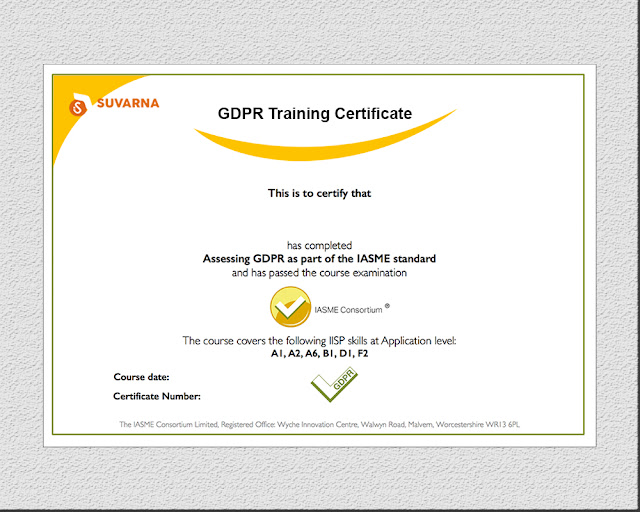ISO 45001 certification is the world's international standard for maintaining occupational safety and health, issued to the protection of employees and visitors from work-related accidents and diseases. It was developed to migrate the factors that could cause any type of harm to employees and other businesses. Its standards are maintained by the efforts of the health and safety committee management experts who looked closely at a number of other approaches to system management — including ISO 9001 and ISO 14001.
ISO 45001 certification was designed for taking care of the pre-existing occupational health and safety standards such as OHSAS 18001 — as well as the ILO’s labor standards, conventions, and safety guidelines.
ISO 45001 Certification has the goal of helping businesses, providing them a healthy and safe environment for the employees and all other people who visit the working place. This motive is controlled by maintaining the factors that lead to injury, illness, and even sometimes death. According to the ISO and International Labour Organization — or ILO — more than 2.7 million deaths occur globally due to occupational accidents. And in addition to that, there are 374 million non-fatal injuries each year, resulting in 4 or more days absences from work. If someone has the certification to OHSAS 18001, he/she needs to migrate to ISO 45001 for its certification. Organizations and people can implement this certification if they have a clear management structure, defined authorities, objectives for improvements, responsibilities, a structured approach to risk management. Benefits of ISO 45001 certification is that it reduces operating costs, improves stakeholder relationships, legal compliances, improves risk management, proven business credentials, corporate social responsibilities, customer satisfaction, and ensuring their safety. For this certification, an application form needs to be filled up for NQA to understand the company, secondly, assessments will be booked with NQA Assessor. Thirdly, in the initial certification audit, it is confirmed that the organization is ready for a full assessment and the management system conforms to the requirements of the chosen standards of the practice.
Then a positive standard certification the decision is given by NQA. ISO 45001 certification is valid only for three years after the issue by NQA and is maintained through annual surveillance audits and three yearly recertification audit.


